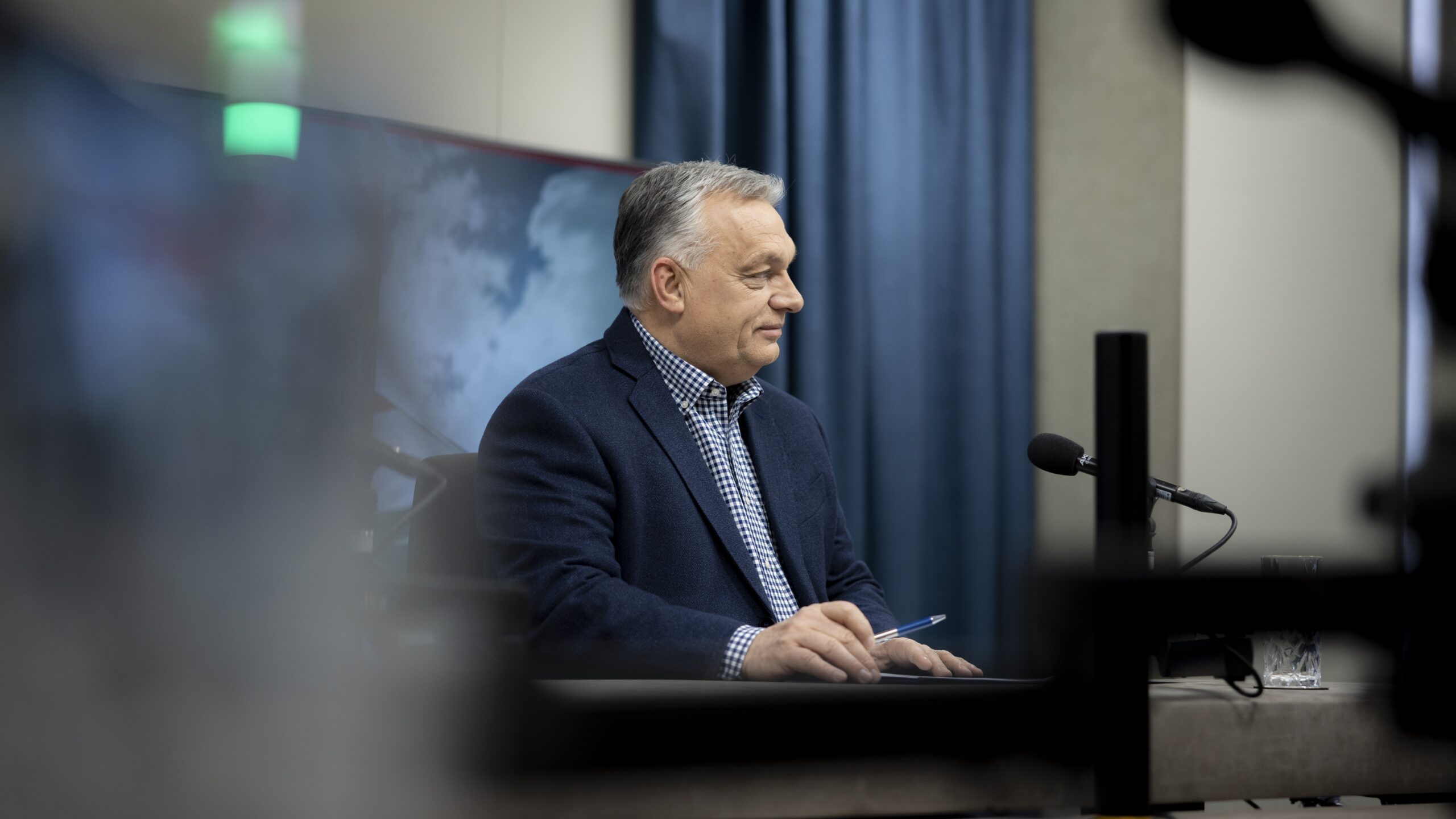Hungarian Prime Minister Viktor Orbán stated in a Friday morning radio interview that his government had prepared for peace, expecting a Republican administration in the US to bring an end to the war in Ukraine, leading to economic recovery. He asserted that the outcome of the American presidential election determined whether Hungary would adopt a ‘peace budget’ or a ‘war budget’.
Orbán criticized the impact of the war on Hungary’s economy, noting that the country had lost an estimated 6.5–7 billion euros annually due to the conflict. He expressed hope that Hungary’s 21-point economic action plan, its policy of neutrality, and the prospect of peace would provide a significant boost to economic growth.
However, he remained sceptical about positive economic influences from Europe, arguing that he expected no beneficial policies from Brussels, Berlin, or Paris. He warned that high energy prices in Europe would continue to stifle economic performance.
Discussing domestic financial behaviour, Orbán emphasized that security and predictability drive household spending in Hungary. He argued that Hungarian families, particularly women, prioritize financial prudence, a trait he sees as beneficial despite economists’ concerns that excessive caution could slow economic growth.
Jó reggelt, Magyarország!
Jó reggelt, Magyarország!
He noted that Hungarian consumers had begun to spend more freely this year, signalling an economic rebound. Additionally, the government plans to pay out hundreds of billions of forints in bond interest, which he believes will further stimulate economic activity.
Addressing foreign funding in politics, Orbán criticized the US government for allegedly financing political activities in other countries, including Hungary. He pointed out that Washington had spent millions of euros to send Hollywood celebrities to Kyiv to show support for the war.
He accused USAID of engaging in ‘political corruption’ and claimed that Brussels was now attempting to replace American funding. He warned that European citizens were being misled, as they were unknowingly financing organizations that promote a federalist European agenda.
Orbán forecasted intensified disputes between Brussels and nationalist movements across Europe. He claimed that European institutions were heavily funding NGOs that advocate for transferring more national sovereignty to Brussels. He cited a study revealing that former MEP Guy Verhofstadt’s organization received six billion forints, some of which came from Hungarian taxpayers, to criticize Hungary.
He vowed to expose these practices, asserting that within a few years, the EU leadership would be forced to apologize and abandon such policies.
Orbán concluded by announcing that he would elaborate on Hungary’s economic strategy and key political battles—including disputes with Brussels over migration, child protection laws, pensions, and energy subsidies—during his annual address on Saturday.
Related articles:








